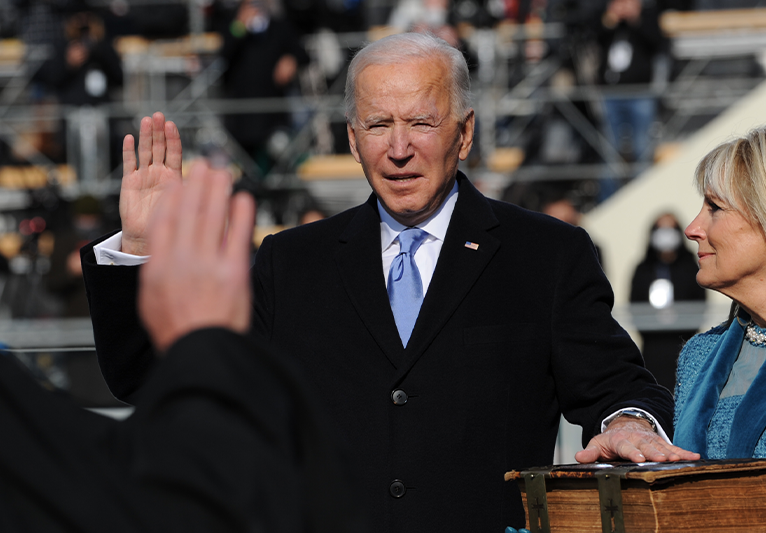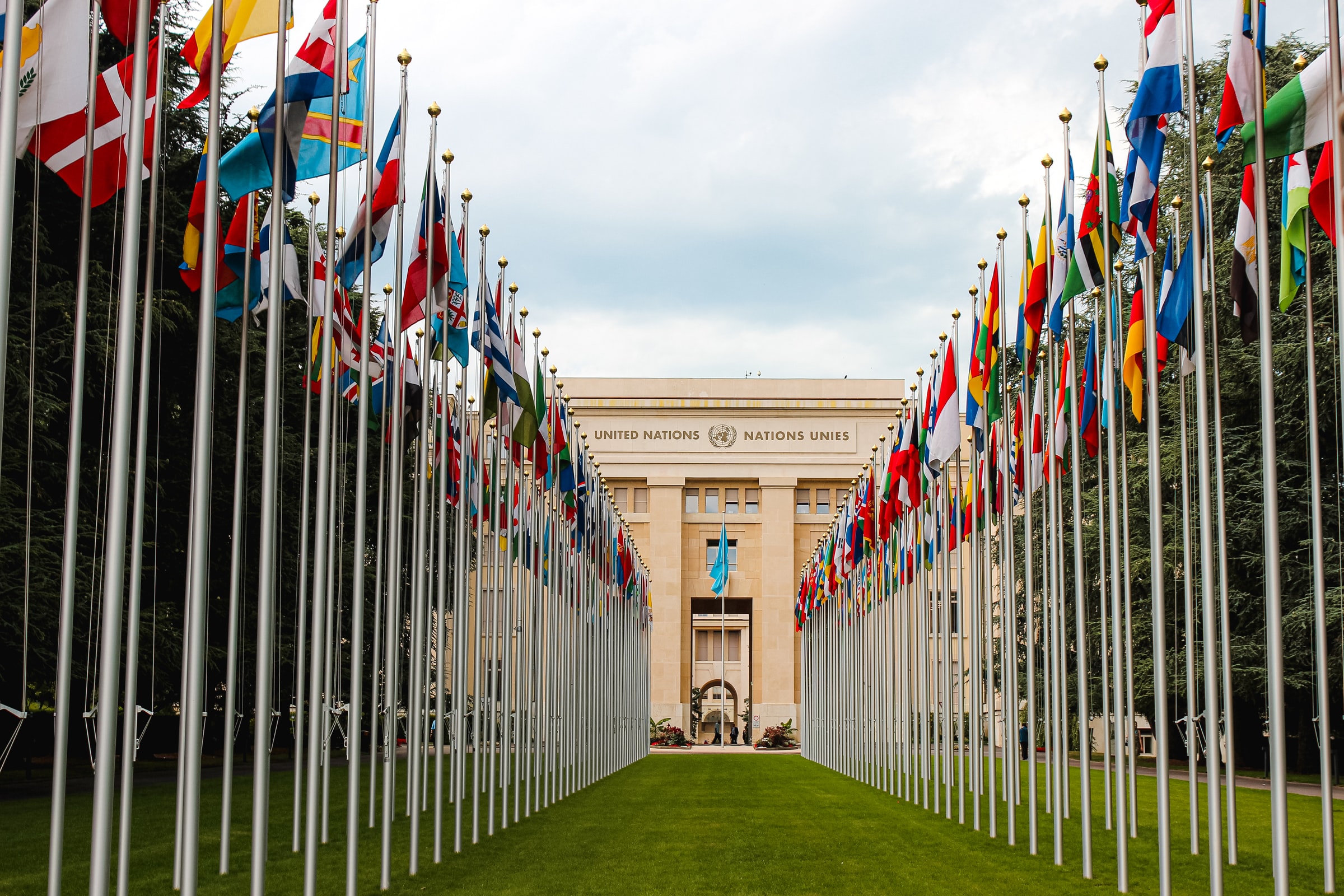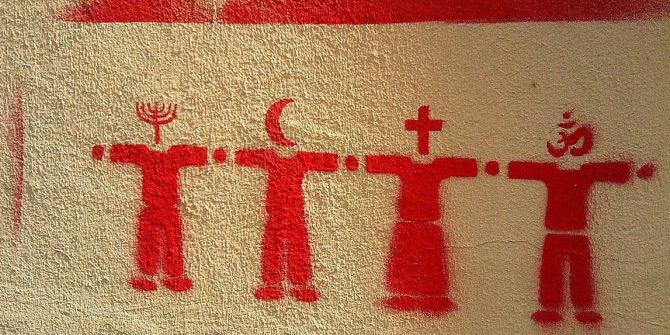In 2014, ISIS swept through Iraq, killing, displacing, and kidnapping thousands of Yazidis. In this post, Knox Thames writes about the growing call to find those who were kidnapped. In doing so, Thames draws on the perspectives of those from Yazidi groups and suggests what actions can be taken by the international community, particularly through the International Freedom of Religion or Belief Alliance.

Seventeen nations issued a call last month highlighting the thousands of missing Yazidi women and children, seven years after being kidnapped by ISIS. In 2014, the world watched in horror as ISIS invaded Iraq, overrunning Iraqi forces and occupying Mosul. During their blitzkrieg, ISIS also attacked the Yazdi homeland of Sinjar in northwestern Iraq. Viewing Yazidis as heretics, they killed thousands of men while sexually enslaving Yazidi women. Despite ISIS’ territorial defeat, Yazidi organizations report that 2,763 women and children remain unaccounted.
Seven years after their abduction, international attention is refocusing on the need to locate the missing Yazidis. The International Freedom of Religion or Belief Alliance (IRFBA), a multinational effort to protect and promote freedom of religion or belief worldwide, issued a statement raising concerns. Countries joining included: Albania, Armenia, Australia, Croatia, Denmark, Estonia, Georgia, Hungary, Latvia, Lithuania, the Netherlands, Poland, Slovakia, Slovenia, Sweden, United Kingdom, and the United States.
Jos Douma, the Netherlands’ Ambassador for Religion or Belief and IRFBA chair, highlighted the effort on Twitter. He stated that IRFBA members, observers, and friends “express grave concern that so many #Yazidi women & children remain missing, their fate unknown.” He emphasized how the statement calls for aid and supportive care to the displaced and abducted.
For the United Kingdom, Fiona Bruce, the U.K. Special Envoy on Freedom of Religion or Belief and a sitting member of Parliament, raised the statement and its concerns directly to U.K. Foreign Secretary Liz Truss during a debate in the House of Commons. In addition, Uzra Zeya, the U.S. State Department Undersecretary for Civilian Security, Democracy, and Human Rights, tweeted that, “We must all continue our work to ensure survivors of genocide obtain justice and can build a hopeful future.”
But will this pronouncement matter? Only if action follows. While advocates welcomed the statement, Yazidi groups have reason for skepticism. Despite genocide determinations by the United States, the United Nations, and others regarding Yazidis, Christians, and other minorities, no government-led search followed to find them.
“After seven years, there have been no international effort to locate and rescue missing Yezidis, while countries have repatriated ISIS members who participated in their enslavement and genocide,” Pari Ibrahim, Executive Director of the Free Yezidi Foundation, wrote in an email. Yazidis have “repeatedly called for serious action to be taken to find their loved ones, which has fallen on deaf ears.”
Many want to see words translated into deeds. “Statements like these are important steps in the right direction, but are not enough on their own,” said Abid Shamdeen, Executive Director of Nadia’s Initiative founded by Yazidi survivor and Nobel laureate Nadia Murad. He believes tangible action is needed. “The Yazidi community has been fighting for over seven years for collective action to search for, locate, and rescue the thousands of still missing Yazidi women and children.”
So what needs to happen? “We need a clear plan to get the Yazidi women and children back. We cannot go into the eighth year since their abduction with no real attempt to locate and rescue them,” said Dr. Ewelina Ochab, co-founder of the Coalition for Genocide Response. In response, Ochab, Ibrahim, and Shamdeen’s organizations launched the #BringBackTheYazidis campaign in September (I am also an adviser).
The campaign is pressing for “an official search to identify the whereabouts of the missing women and children, including in the al-Hol camp.” The al-Hol camp is in northwestern Syria and run by the Syrian Democratic Forces (SDF). According to the U.S. Department of State, “Tens of thousands of men, women, and children from former ISIS held areas remain in the overcrowded al-Hol camp, administered by an international NGO with security assistance provided by the SDF.”
As one observer quipped, al-Hol is a prison where the victims are locked up with their victimizers. While accessing al-Hol will be difficult, difficult is not impossible. Yazidis activists are taking steps to bring home family members one at a time. Going to the next level will require an international mandate to canvass al-Hol for survivors and question former ISIS members for information.
The IRFBA statement highlights the need for a coordinated and funded international search to locate the missing 2,763 women and children, reunite them with their families, and help them reintegrate. For this religious freedom alliance to really matter, their statements must have credibility. Otherwise, it is just more talk.
Consequently, these likeminded countries must urgently work through the United Nations to mandate the search. For instance, permanent UN Security Council members like the United States, United Kingdom, and France could partner with non-permanent members Estonia and Norway (both IRFBA members) to bring the topic up for discussion. All IRFBA members could support action in Geneva before the Human Rights Council or in New York in the General Assembly to establish a mandate.
Yazidis need and deserve action, which will be complicated and time-consuming. Urgency is required, as time is running out. Pari Ibrahim concluded by saying, “We know that those still alive are suffering. The international community must make a serious effort to locate and save these women and children.” Otherwise, forgetting these victims will be “a stain on all humanity.”
Note: This piece gives the views of the author, and not the position of the LSE Religion and Global Society blog, nor of the London School of Economics.





